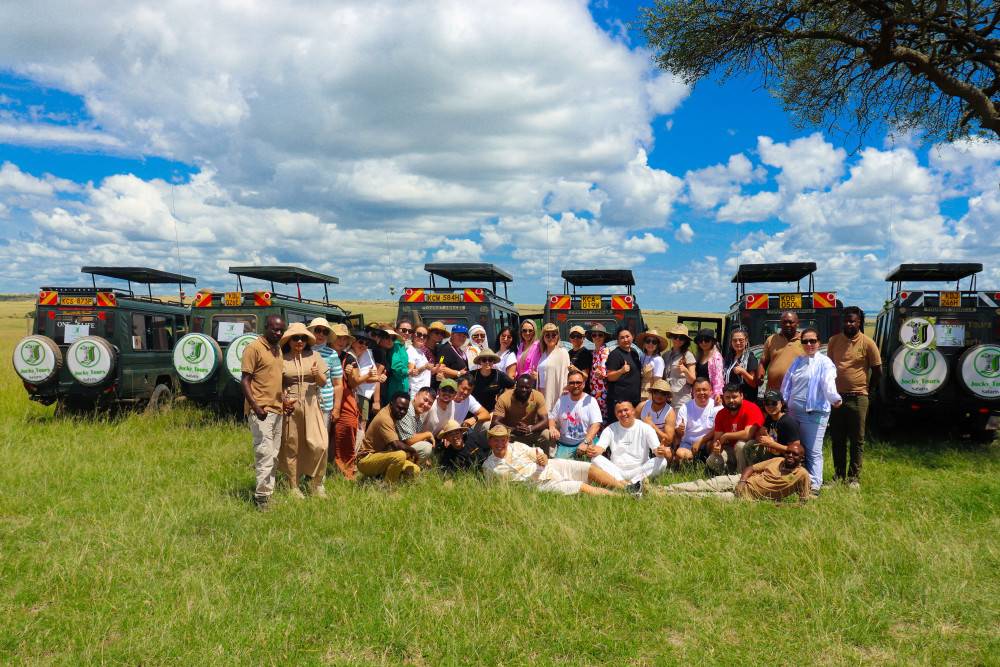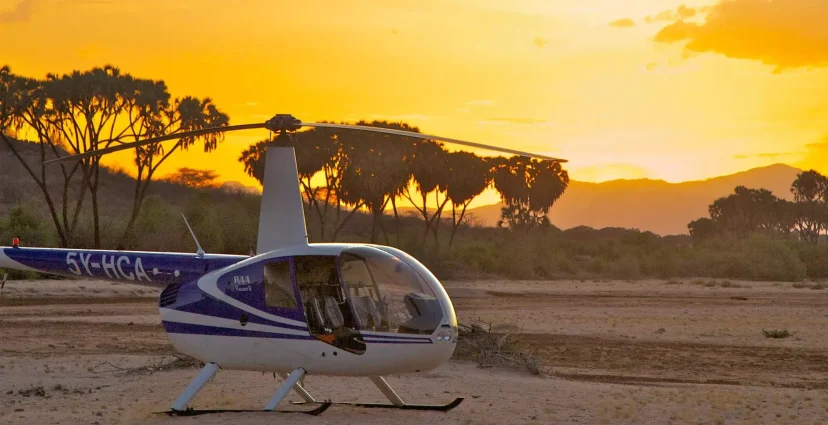Great Ideas To Deciding On Kenya Watamu Marine National Park
Great Ideas To Deciding On Kenya Watamu Marine National Park
Blog Article
What Health Precautions Should I Know Before Visiting Mombasa Kenya?
While you're in Mombasa (Kenya) It's essential to be aware of the dangers to your health. Here are the key health concerns:
1. Vaccinations
Routine Vaccinations: Ensure that you are up-to-date on routine vaccines such as measles-mumps-rubella (MMR), diphtheria-tetanus-pertussis, varicella (chickenpox), polio, and your yearly flu shot.
Hepatitis A is recommended for all travelers because of the risk of drinking and eating food being contaminated.
Hepatitis B. Anyone exposed to bodily fluids, blood or sexual contact (e.g. medical treatment or use of drugs) should be aware of this disease.
Typhoid : This is essential to those who will be staying with relatives or close family members, residing in small towns or rural regions, as well as for adventurous eaters.
Yellow Fever A certificate of vaccination is required for travelers who are from countries that are susceptible to yellow Fever transmission. Find out the most current requirements.
Consider rabies for travelers participating in outdoor activities, like hiking, camping, or caving.
2. Malaria Prevention
Mombasa has a very high malarial prevalence. Talk to your doctor about the best antimalarial drug for you.
Avoid Mosquito Bites: Make use of insect repellents that contain DEET, dress in long-sleeved clothes and long pants, especially in the evenings and at night and rest under a mosquito net if there is no air conditioning or well-screened room.
3. Food and Water Safety
Do not drink tap water or Ice cubes. Avoid drinking the tap water, ice and drinks that aren't sealed.
Consume well-cooked food only. Avoid raw or cooked meats and seafood. Also, avoid eating unwashed fruits and vegetables. Be wary of street food and choose reliable dining establishments.
4. Diarrhoea en route
Hand sanitizers, soap and water are efficient ways to stop infection. Beware of food and beverages from unreliable sources.
Keep medicines like loperamide, (Imodium) and tablets for oral rehydration at hand. To treat serious instances, consult your physician for antibiotics.
5. Sun Protection
Sunscreen: Choose sunscreens with SPF 30 or more. Apply sunscreen regularly, especially after swimming or sweating.
Wear sunglasses and hats to shield your eyes from the sunlight. Also, dress in lightweight, long-sleeved clothing.
6. Heat and Hydration
Stay Hydrated. Drink plenty, preferably water, to prevent dehydration. Beware of drinking too much alcohol or caffeine, as they can result in dehydration.
Avoid excessive exertion. Take frequent breaks particularly during the hot times of the day. To avoid heatstroke or exhaustion, seek out shade and cool spots.
7. Security in Water Activities
Swimming in Areas which are marked Take note of local recommendations regarding swimming conditions. Pay attention to potential dangers, such as strong currents.
Marine Life Awareness: Avoid dangerous marine life, like jellyfishes and sea urchins. Wear watershoes when walking on the water's surface.
8. Care and Insurance. Care and Insurance
Travel Insurance: Make sure you have comprehensive travel coverage which includes medical evacuations and emergencies.
Local Medical Facility: Familiarize yourself with the location and reputation of reputable local medical establishments. The major hotels will often offer information on doctors and hospitals nearby.
Medication: Make sure you have enough prescribed medicine you use together with copies of your prescriptions.
9. Contacts for Emergencies
The Embassy: Contact the embassy of your country of residence in Kenya.
Local Emergency Numbers: Be aware of local emergency numbers, including police (999), fire (999) and ambulance (999).
You can enjoy your vacation in Mombasa and minimize the risks by taking these simple health precautions. Have a look at the top rated kenya mombasa train for blog examples including africa tours, african safari excursions, african safari packages, kenya travel, safari excursions, tour agents in kenya, kenya travel, african safari africa, african safari tours, tour and travel company and more.
What Are The Weather-Related Considerations I Should Be Aware While On Holiday In Mombasa?
Understanding the weather patterns in Mombasa is essential for packing and getting the most enjoyment of your holiday. Here are some key aspects to take into consideration:
1. Climate Overview
Mombasa has a tropical climate that is humid and hot throughout the year. The temperatures typically range from 24degC to 32degC.
2. Seasons
It is the humid and hot season between November and April. This is the most popular tourism season.
Long rains: (April-June) The rainy season is characterized by severe rainfall and thunderstorms. It is possible for roads to get muddy. This is the low season for tourism.
Cooler season (June to Oktober): The temperatures and humidity are at their lowest at this time. It's a mild climate that is ideal for outdoor pursuits.
Short Rains (October through November) Shorter, less intense rain showers occur during this time. The rains typically last for few minutes and are followed by bright skies.
3. Packing Tips
Bring lightweight, breathable clothing like linen or cotton to keep cool during hot temperatures.
Rain gear: If you are you're traveling during the rainy seasons make sure you have waterproof clothing, an umbrella, and waterproof footwear.
Sun Protection: Use sunscreen that has high SPF. Wear a broad-brimmed glasses and a hat. Wear light clothing that covers your skin.
Swimwear: Take your swimming attire to the beach or hotel pool.
4. Weather-specific activity
Beach Time: The ideal time to enjoy beach activities is in the cooler seasons (June to October) when the weather is nice and the conditions for swimming are ideal.
From November through March, the calm and clear waters are perfect for water sports, such as snorkeling, diving, and much more.
Wildlife viewing: When the weather gets better this is the perfect time to take a safari or nature excursions.
5. The Health Considerations
Keep hydrated. The hot and humid climate will require you to stay hydrated. Drink plenty water, especially during time spent in the outdoors.
Health-related illnesses that are related to heat: Be aware of the possibility of heat exhaustion and heatstroke. Wear loose clothing and frequent breaks in the shade. Avoid vigorous activities during the peak heat.
6. Travel Adjustments
Rainy Season Travel: Prepare yourself for delays in travel during long rains. The disruption of travel could be due to roads that are not passable and restricted outdoor activities.
Tropical rains are sometimes the cause of delays on flights. Make a plan for your trip and be aware of delays.
7. Environmental Concerns
Natural Risks. Beware of the dangers caused by heavy rainfall. Stay informed about the weather and follow local advice on safety.
Be aware of tides while planning beach activities. They can be drastically different. Be aware of local tide schedules for beach activities and swimming.
If you are aware of these weather-related considerations it will help you plan your holiday activities, pack appropriately, and stay safe while enjoying the time you spend in Mombasa. Check out the recommended Diani Beach taxi for more tips including african safari tours kenya, mombasa travel agency, mombasa safari packages, kenya travel, kenya safari tours, kenya safari packages, mombasa beach kenya, african safari tours, africa and safari, cheap kenya safari packages and more.
What Environmental Responsibilities Do I Need To Know When Holidaying What Environmental Responsibilities Should I Be Aware Of When Traveling Mombasa, Kenya?
To safeguard the beauty and variety of Mombasa in Kenya it is crucial to be eco-conscious. Take note of these environmental responsibilities:
1. Sustainable Accommodation
Eco-Friendly hotels: Choose accommodation that practices sustainability. Seek out eco-labels and certificates, for example Ecotourism Kenya.
Resource Conservation: Participate in hotel initiatives to save energy and water. Reuse linens and towels Turn off lights and air conditioning when they are not in use.
2. Responsible Wildlife Viewing
Respect wildlife. Avoid disturbing animals by keeping your space secure and them. Follow the directions of your tour guide.
Do not feed animals. This could cause them to change their diet and behavior.
Don't litter in parks or wildlife reserves. Bring all garbage with you, and dispose it properly.
3. Plastic Reduction
Avoid using plastics for single use. Keep a reusable cup bag, bag, or other an utensil.
Help local initiatives. Take part in or support local beach cleanup efforts and also organizations that are working to cut down on the plastic pollution.
4. Water Conservation
Mombasa suffers from water scarcity. Shut off the faucets and take a shower that is shorter.
Eco-Friendly Product: Minimize water pollution through the use of biodegradable, sustainable products.
5. Energy Conservation
Reduce energy use: Limit the usage of air conditioners and disconnect devices that aren't in use.
Support renewable energy: Select accommodations and tour operators who use renewable sources of energy.
6. Sustainable Transportation
Public Transport: Make use of public transportation such as buses and matatus, when possible to reduce your carbon footprint.
Alternatives to go green: Think about hiring bicycles, or walking short distances. Certain areas have eco-friendly tuk-tuks.
7. Supporting Local Economy
Buy Local: Contribute to your local economy by buying products and food items from local artisans and sellers.
Fair Trade: Select items that have been certified as fair trade to ensure local producers receive a fair compensation.
8. Environmental Education
Learn and share Learn and Share - Get educated about the local environment and conservation efforts. Share what you learn with others to raise awareness.
Respect Local Cultures: Know and accept local customs and traditions related to environmental conservation.
9. Marine Conservation
To ensure you're conducting your snorkeling and diving safely, avoid touching coral reefs or walking directly on the reefs. To ensure marine life is protected, use reef-safe sunblock.
Never dispose of waste into the ocean. Join programs to protect marine life or help in the process.
10. Ethical Souvenirs
Avoid Wildlife Products Don't buy items that are made from endangered species, such as ivory or tortoiseshell.
Sustainable Materials - Choose souvenirs made with recycled or recyclable materials.
11. Participate in conservation Activities
Volunteer: You can sign up to help with local conservation efforts, or tourism-related initiatives.
Donate to local NGO's. Donate to local NGOs, and organizations dedicated to protecting the natural environment.
12. Responsible Travel Policies
Group Size: Traveling in small groups will minimize the impact on the environment.
Eco-Tours: Choose tour operators who are committed to eco-friendly and sustainable practices.
It is possible to help protect Mombasa's natural resources by keeping in mind these environmental responsibilities. It will guarantee that the beauty of the area and its biodiversity are preserved for the future generations. Have a look at the top Sgr transfer to Mombasa Airport for website examples including safari mombasa kenya, tours and travel company in kenya, safari and tours, kenya safari and beach packages, tour company, kenya safari and beach packages, mombasa travel agency, kenya safari holiday, travel tours in kenya, mombasa travel agency and more.